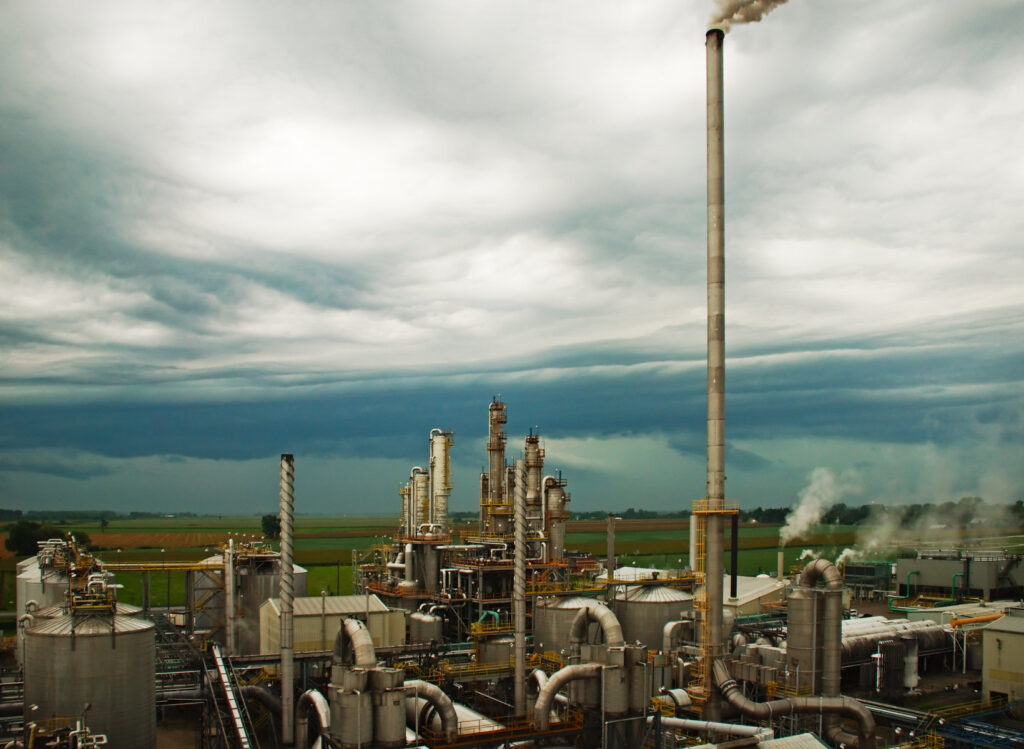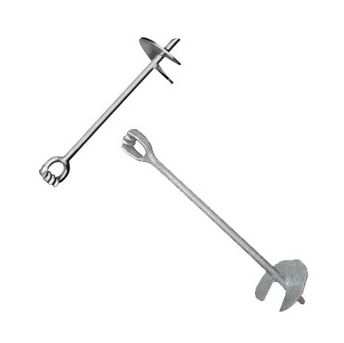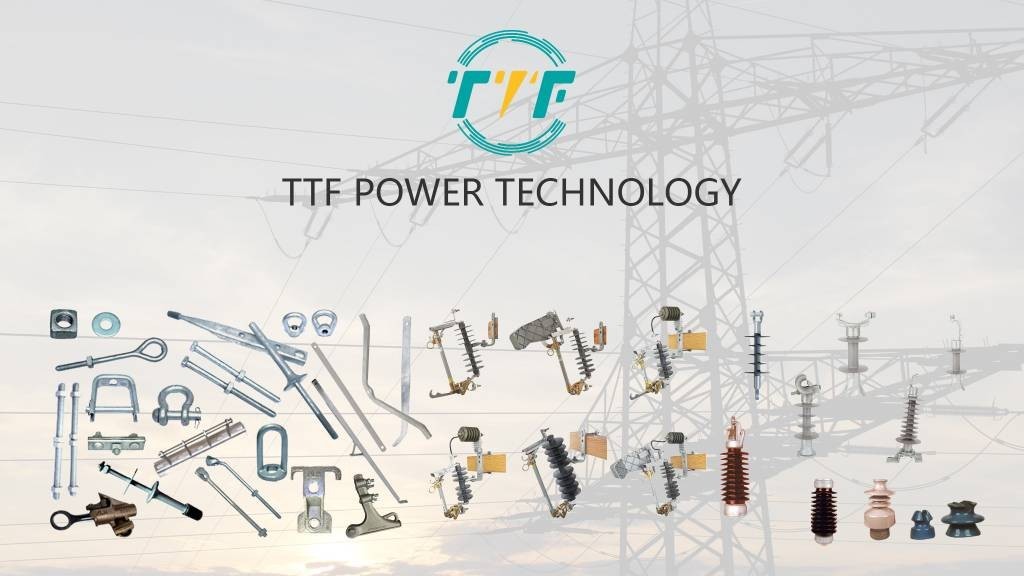
In Brazil, companies are considering selling a part of their second-generation ethanol plants to generate funds for investments. Ethanol production offers Brazil and South America an alternative to fossil fuels. This assists in decreasing reliance on foreign oil and improves energy security. Brazil is the second biggest producer of ethanol, which is utilized in its transportation industry. Ethanol decreases greenhouse gas emissions relative to gasoline. The production of ethanol is in line with the climate objectives of South America. The manufacture of ethanol supports sustainable energy and economic development but also brings about environmental and social obstacles. Ethanol assists in generating power through combustion to create electricity or warmth. Ethanol, used as a biofuel, is derived from sources like corn, sugarcane, and other organic matter. A no wrench screw anchor helps to fasten utility poles, pipelines, or support structures without screws or anchors.
The no wrench screw anchor is important for maintaining the durability and safety of the infrastructure that supports ethanol production. They play a role in enhancing the industry’s effectiveness and dependability. No wrench screw anchors fasten insulators and conductors to poles and towers. This guarantees dependable delivery of electricity to ethanol manufacturing plants. No wrench screw anchor makes the installation and maintenance of power line components easier. They guarantee the stability of vital equipment and infrastructure. This is helpful in distant areas where ethanol production plants are situated. This article discusses the functions of a no wrench screw anchor in ethanol production and their impact on the energy industry.
The function of no wrench screw anchors in the energy generation of Brazil
No wrench screw anchors support the construction of infrastructure for securing ethanol facilities. This involves ensuring the safety of poles, pipelines, and support structures. The anchors guarantee the stability of infrastructure components in ethanol productionf acilities. . They also make sure that the physical infrastructure is both durable and safe. Below are the roles of the no wrench screw anchor in the infrastructure for ethanol production.

- Renewable energy systems – no wrench screw anchors secure solar panel arrays, transmission lines, or mounting structures. This helps in supporting renewable energy integration. This contributes to maintaining stability in the various landscapes found in Brazil.
- Supporting foundations – the anchors secure pipelines and tanks which are essential for ethanol production. This is due to the need for extensive piping systems to transport feedstock. The anchors offer a solid base for the safe attachment of pipelines and storage tanks. This is particularly true in regions of Brazil that have different soil conditions.
- Helping with energy transfer – ethanol factories need electricity for operations. No wrench screw anchors help to secure utility poles and transmission lines that provide power to the facilities.
- Stabilizing agricultural equipment – screw anchors assist in stabilizing irrigation systems and machinery in the delivery of ethanol.
- Simplicity of installation – no wrench screw anchors allow for fast, manual setup without the use of bulky equipment. Simple installation and upkeep lead to cost and downtime reductions. This is important in remote or difficult settings where ethanol production facilities are situated.
- Power line infrastructure – no wrench screw anchors fasten different parts of power line infrastructure. They assist in guaranteeing the dependable delivery of electricity to ethanol manufacturing plants.
The significance of ethanol production in the energy industry of Brazil
Ethanol production is essential in Brazil’s energy sector and supports the country’s renewable energy goals. It also plays a role in the composition of transportation fuel and in promoting economic growth. Ethanol production provides a sustainable, eco-friendly alternative to traditional fossil fuels. This promotes economic growth and energy security while the world shifts towards cleaner energy sources. TTF is a world-class global provider of high quality overhead line hardware, transmission hardware, distribution hardware, conductors, insulators, cutout switches, anchoring and grounding products. Below we discuss the importance of ethanol production in Brazil, which serves as a role model for incorporating biofuels into a sustainable energy future.

- Brazil is the second-largest producer of ethanol globally and a leading country in utilizing biofuels. Sugarcane ethanol is known for its high energy return on investment and is seen as a low-carbon fuel.
- Ethanol serves as a transportation fuel in the area. A lot of cars in Brazil run on straight ethanol, giving buyers economical choices.
- Economic effects – the production of ethanol generates employment and economic possibilities in rural regions. The production attracts foreign investments to the energy sector.
- The environmental advantages of ethanol include assisting Brazil in lowering greenhouse gas emissions by replacing fossil fuels in the transportation industry. This improves the sustainability of ethanol plants and reduces waste by power generation. This is particularly evident when utilizing sugarcane waste products like bagasse.
- Export opportunities – Brazil’s significant role in ethanol exports contributes to increased trade income and reinforces its status as a frontrunner in the global biofuels industry.
